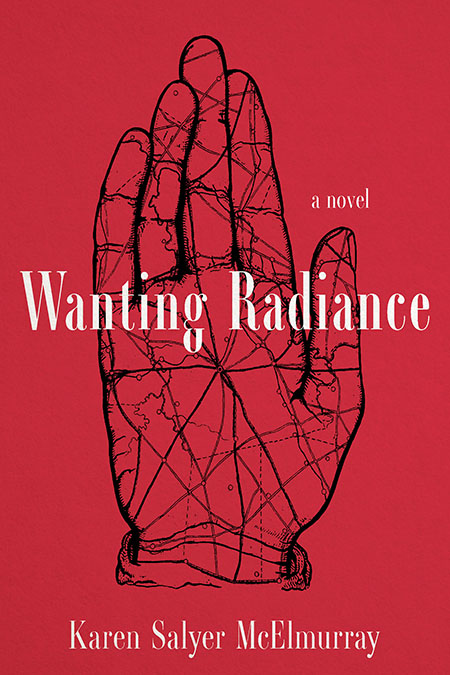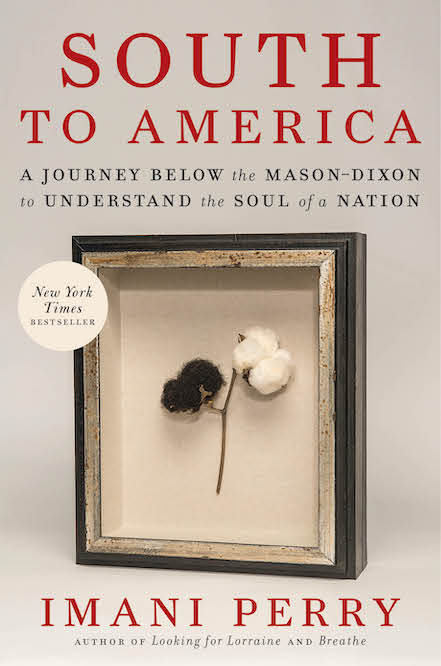Seeing What’s Essential
Robert Benson writes a poignant meditation on caring for an aging parent
“It is a difficult moment,” Robert Benson writes, “when you realize that someone who raised you, cared for you, cheered for you, stood by you in moments both large and small in your life, someone who once seemed to hold the whole world in her hands, now does not know the day of the week, cannot make a list, or any of the other little things it takes to manage her life.” Moving Miss Peggy is the true story of the Benson family’s journey to provide care for their mother, Peggy Jean Siler Benson. Once a vibrant, independent, and active woman, when “Miss Peggy” reaches her seventies, she is no longer able to hide the slow but steady progress of her dementia, and her four surviving children—Robert, Michael, Leigh, and Patrick—begin to gather around her in concern.
 As their understanding of the severity of Miss Peggy’s situation grows, her children are gradually moved to action. In the first of many “gifts” along this difficult yet ultimately rewarding path, the siblings are drawn closer to one another as each finds his or her own way to meet their mother’s needs. Michael, a pastor, is the family’s choice to help their mother understand that her circumstances have changed and prepare her to accept the assistance of family, friends, and professionals. Patrick, an accountant, takes on the management of her finances. Leigh, an artist living in Asheville, helps her mother pare down precious possessions in anticipation of a move. Robert, who is closest to her geographically, both tells her story and provides day-to-day oversight.
As their understanding of the severity of Miss Peggy’s situation grows, her children are gradually moved to action. In the first of many “gifts” along this difficult yet ultimately rewarding path, the siblings are drawn closer to one another as each finds his or her own way to meet their mother’s needs. Michael, a pastor, is the family’s choice to help their mother understand that her circumstances have changed and prepare her to accept the assistance of family, friends, and professionals. Patrick, an accountant, takes on the management of her finances. Leigh, an artist living in Asheville, helps her mother pare down precious possessions in anticipation of a move. Robert, who is closest to her geographically, both tells her story and provides day-to-day oversight.
As Benson looks back on his mother’s accomplished life and her subsequent decline, he offers advice on matters such as how to choose a care facility that is right for the family’s needs and how to empathize with a loved one who is forced to end a lifetime’s worth of emotional attachments. “At some point,” he explains, “a moment will come when we are to be separated from most of the things that remind us of the places where we grew up, the things that meant home to us. Some of them we will help haul out the door so they can go home with ones who love us. Some of them will be carried away for strangers. Some of it has to be hauled to the trash. Some of it will be sand, some rock, and some of it will be treasure. But all of it will be memories.”
Throughout this process, Miss Peggy asks painful questions that her children struggle to answer: “But everyone my age forgets things, don’t they?” “What if no one will come and pick me up for anything and I just sit here and can never go anywhere again?” “Once I am wherever it is that I am going, what if my friends won’t come to see me?” “Nobody needs me anymore, do they?” Benson walks readers through his family’s experience of caring for a loved one who can no longer safely care for herself and invites them to share in the full panoply of feelings—joy and sorrow, fear and gratitude, love and loss—that inevitably results from such a gut-wrenching life passage. More a meditation than a self-help book, Moving Miss Peggy also reminds those in the midst of eldercare decisions to slow down and take the time to see what is most important yet often overlooked: as Miss Peggy’s daughter-in-law puts it, “The trick is to be sure to keep your eyes open enough to see the essential Peggy underneath all the rest.”
Robert Benson will discuss Moving Miss Peggy at Parnassus Books in Nashville on May 16 at 6:30 p.m.


